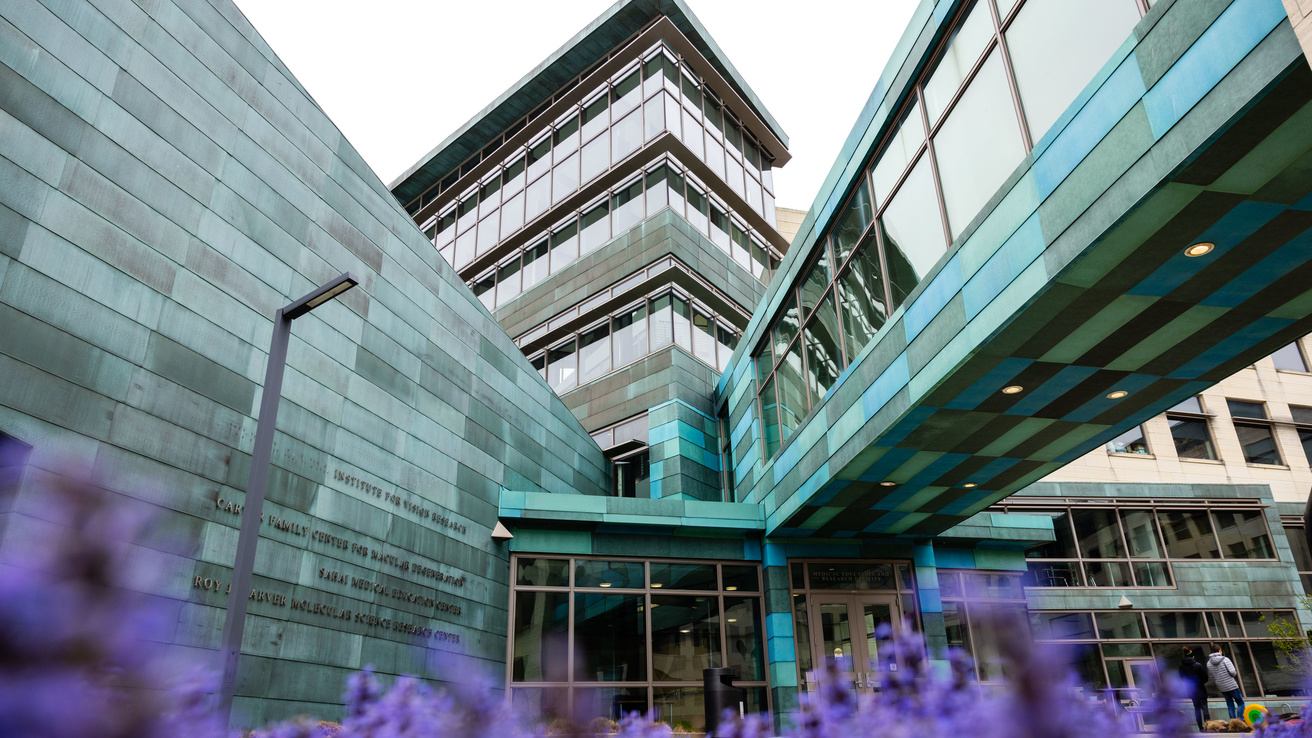Training and Professional Development
Our graduate program in Biomedical Science blends education in the classroom, training in the laboratory, and the development of a wide set of career and professional skills. Students emerge from our Program as well-rounded professionals prepared to undertake a range of careers in the biomedical workforce, from independent investigators at research institutes and researchers for industry to teachers at universities and liberal arts colleges, among many other outcomes.
Training in Research Ethics
All students in the Biomedical Science PhD program complete a two-course series in their second year called Scholarly Integrity – Responsible Conduct of Research (SI-RCR). This course is taken by graduate students, postdoctoral researchers and faculty, and ensures a high level of awareness of ethical issues in research, and knowledge of how to conduct high-quality research in a way that is mindful of these principles. This training is a requirement for any researcher who is conducting research funded by the NIH or NSF, and the CCOM takes this one step further and requires it for all of our graduate students regardless of their funding source.
Faculty and Graduate Students
Biomedical Science PhD students train with an elite cadre of teachers from across departments in the UI Carver College of Medicine and the University of Iowa campus. Many faculty members are internationally renowned for their research and teaching. Two faculty members are Howard Hughes Medical Institute Investigators, 13 are members of the Institute of Medicine on the National Academy of Science, and two are members of the National Academies of Science.
A distinctive feature of the UI Biomedical Science Program is that a high proportion of the Program’s faculty members are clinician-scientists who provide graduate students uncommon opportunities to gain experience with clinical populations relevant to their bench science. The Biomedical Science Program interfaces closely with the highly ranked medical scientist training program (MSTP) and also hosts the MD/PhD students for the PhD phase of their training. The close proximity of academic units in the Carver College of Medicine and the university-owned teaching hospital (University of Iowa Hospitals and Clinics) means that PhD students are literally immersed in a highly blended academic-medical environment where all of the infrastructure is within easy walking distance on a single, integrated campus.

Core Research Facilities
Biomedical science researchers benefit from state-of-the-art core research facilities and research support facilities. Much of the research is interdisciplinary, with collaborations coordinated through major research centers, institutes, and programs.